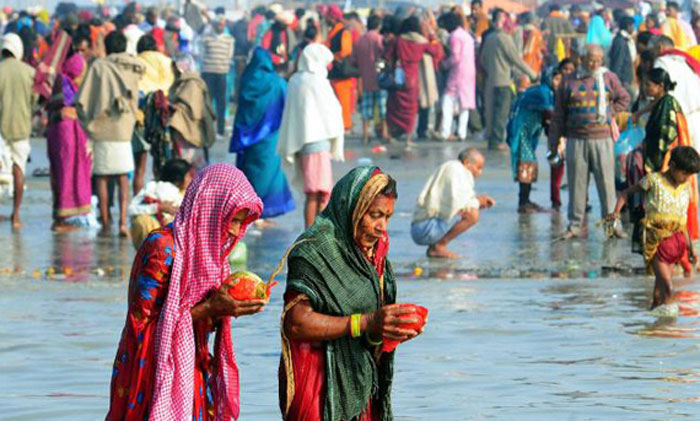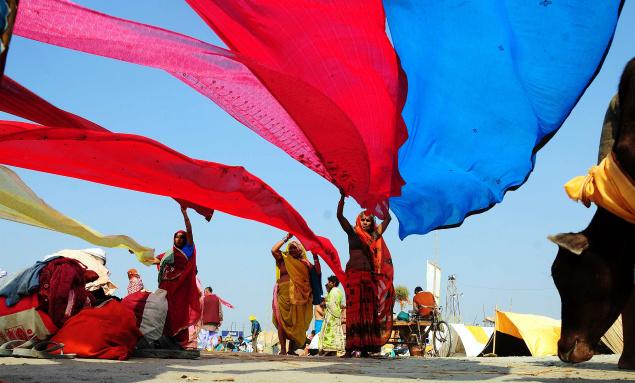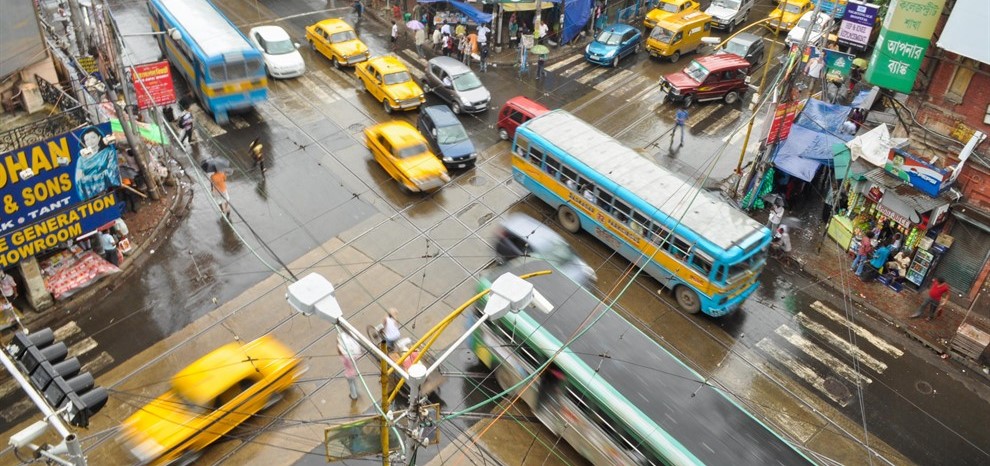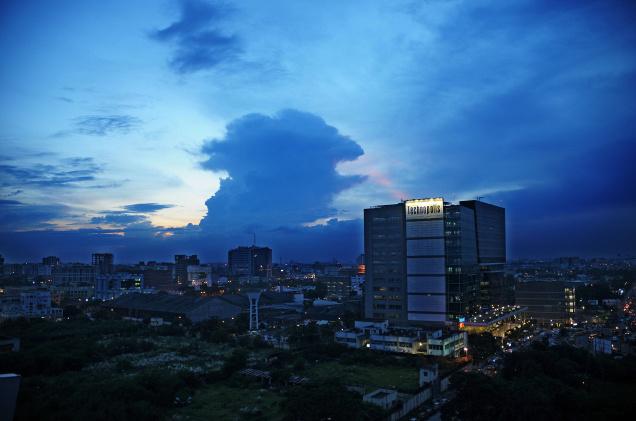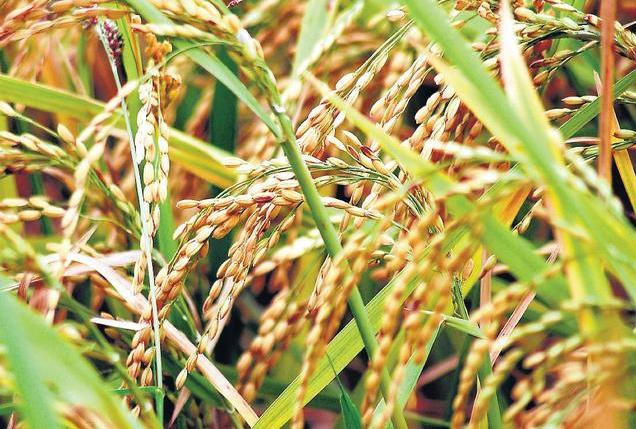Over the last seven-and-a-half years of the Trinamool Congress Government, Sagar Island (part of Sagar block), which includes the site of the Gangasagar Mela, has seen a lot of developmental activities, many of them related to the annual Gangasagar Mela.
Given below are the primary development initiatives:
Setting up of developmental body for the Gangasagar-Bakkhali region in 2013 – Gangasagar Bakkhali Development Authority, of which area extension was done subsequently
Constructing road from Chemaguri New Bus Terminal to GS Mela Emergency Jetty on Battala River for facilitating pilgrims and the local people of Sagar Island for availing the water route of Namkhana-Benuban-Chemaguri within the Gangasagar Bakkhali Planning Area, and constructing of connecting road from Sridam More to Banbibi Mandir via Ganagsagar Mandir at Gangasagar
Constructing of Sulabh complex-cum-night shelter in Bakkhali
Developing of a religious tourism site at Gangasagar, including constructing 20 cottages, basic amenities like road, driveway, car parking facility, illumination, food court, toilet block, shopping kiosks, illumination of Kapil Muni Temple, welcome gate at Lot 8 and Kachuberia, two-storied night shelter-cum-toilet block in Kachuberia
Starting of low-cost passenger-friendly helicopter connectivity between Kolkata and Sagar Island
Generating of awareness by the Disaster Management Department among the masses at fairs like the Gangasagar Mela, though advertisements on television, in magazines and awareness camps, and also through the printing of calendars, leaflets, booklets, etc. depicting pictures of seasonal hazards and do’s and don’ts during the disasters
Utilising of four unmanned aerial vehicles (UAV), that is, drone-mounted cameras, and 700 closed-circuit television (CCTV) cameras to manage the crowd at the Gangasagar Mela by the Disaster Management Department
Deploying of civil defence personnel at the Gangasagar Mela
Building of eco-tourism infrastructure on Sagar Island, which includes public rain shelter-cum-nat mandir as pavilion for pilgrims, public rain shelter-cum-dala arcade having capacity for 124 hawkers vending on products required for offering puja, leach pit-based toilet (20 blocks of 10 unit each), bus terminus and eco-camp complex (eight large huts and 14 small huts, eating house, toilet block, dormitory block, reception)
Creating of Bakkhali-Gangasagar-Jambudwip Circuit for promoting eco-tourism
100 per cent electrification of Sagar Island, with a population of over 2 lakh, by West Bengal State Electricity Development Corporation Limited (WBSEDCL), including erecting 30,500 poles, stringing a 1,220 km transmission line and installing 595 distribution transformers
Constructing a Pathasathi motel on Sagar Island for tourists
Building of Chemaguri Bridge at Chemaguri Ferry Ghat in Sagar block

